Lore Stories: Tribal Violence and a Terminally Looted Business
The quick and violent death of a half century old business.
In July 2021, followers of the former President of South Africa (SA), Jacob Zuma, went on a rampage to “protest” him starting a 15-month prison sentence for contempt of court after a long-running corruption prosecution. Zuma’s supporters were mobilized by ethnic instigation, which claimed that the Xhosa-dominated African National Congress (ANC), to consolidate its power, was persecuting Zulus.
Our father’s business, which specialized in industrial fasteners (nuts and bolts), was one of the casualties of the orgy of tribal violence that was concentrated in Zuma’s home province of KwaZulu-Natal and eventually spread to Gauteng, primarily via networks of migrant workers that live in hostels around Johannesburg. Overnight, a half-century of effort, industry, and expertise that supplied many of the mines, power stations, and cement factories in SA with fasteners was wiped out.
Heavily armed Zulu impis (tribal military formations) led the rioting and incited civilian mobs via WhatsApp messaging and coercion to loot and raze. They targeted transport hubs, ports, shopping centers, factories, warehouses, and other businesses that looked ripe for plunder.
Dad and Mom had retired to Kwazulu-Natal’s South Coast before the chaos, and there were nervous moments as busloads of looters were sent to destroy the towns north and south of Durban. Fortunately, many of the small towns were able to organize self-defense systems, barricading and patrolling all entrances and exits, but not all of the efforts were successful.
An estimated 350 people died in the violence. According to the Economist Intelligence Unit (EIU), total losses from the unrest amounted to $680 million. To put that in perspective, SA’s 2021 gross domestic product was only $420.12 billion. The rebellion was over before 25,000 soldiers were deployed. They arrived fashionably late because the ruling elite calculated that allowing the mobs to satiate themselves would be easier.
Dad’s business was in Jeppestown, an industrial suburb near the Joburg central business district. Fortunately, none of the staff and family was on the premises when the mob arrived. The looters were very industrious. After breaking in through a steel roller door, they grabbed electronics and the safe before plundering several tons of nuts and bolts, carting them off to a scrap metal dealer a few blocks away to receive a few pennies on the dollar. Once that inventory was stolen, they dismantled and removed some heavy-duty industrial shelving. Then the toilets were stolen, leaving the severed plumbing to flood the premises. Meanwhile, other looters focused on removing doors or stealing anything that seemed moderately valuable.
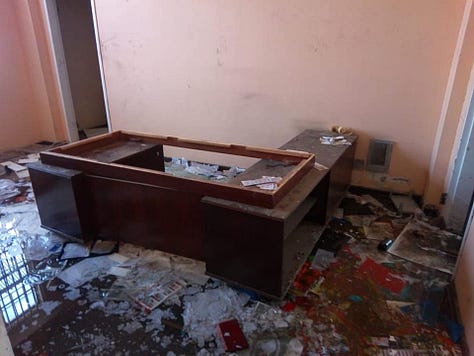
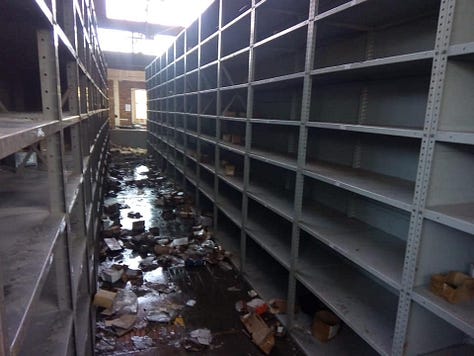
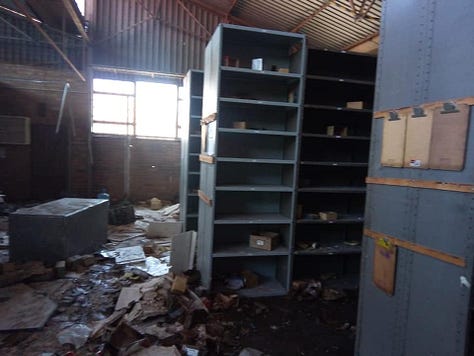
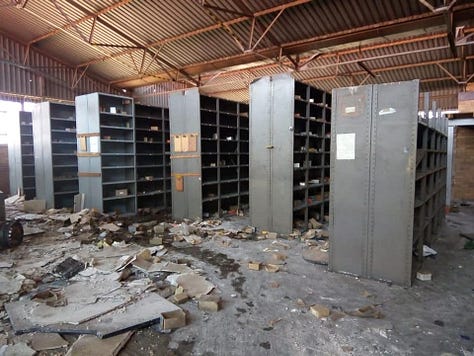
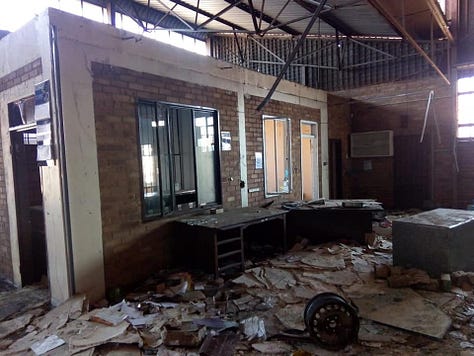
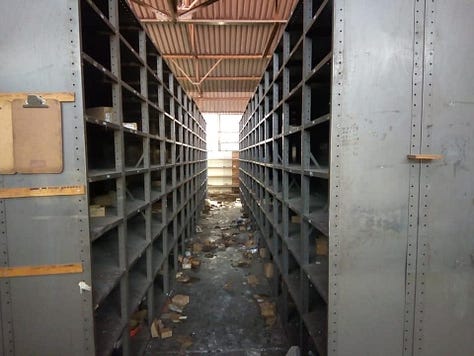
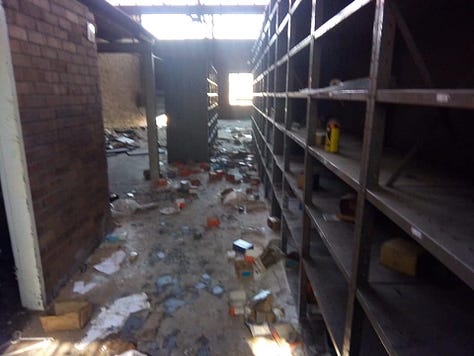

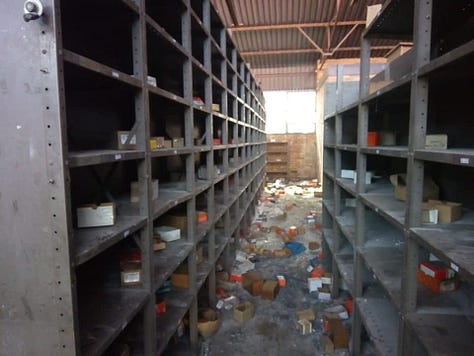
The police were alerted to the break-in but refused to respond because they were afraid. When the cops eventually showed up, they declined to act against the scrap merchant buying looted fasteners in broad daylight. The excuse was that since the items were unboxed and had no company name on each nut or bolt, it was impossible to prove anything was stolen.
Remarkably and against all expectations, Sasria1, made an insurance payout. It was nothing close to the value of the business or the looted items, but it made walking away from everything much more straightforward. The company has ceased to exist, and the corpse was left to rot in the rubble of a lawless society.
Although the building entrances were bricked up after the riots had subsided, it was soon home to squatters who lived in shocking and dangerous conditions, paying rent to the gangs that controlled the area. They simply cut open a new entrance with an angle grinder and set up a squalid dormitory.
A “collision repair” business has since hijacked the building. “Geoge Panel Beater” does not have the property deed and does not pay city taxes or utility bills, but such things are meaningless and surely irritants to the net profit line—possession is 10/10ths of the law now. A luta continua.
Sasria is a public enterprise non-life insurance company covering damage caused by risks such as politically motivated malicious acts, riots, strikes, terrorism, and public disorders.


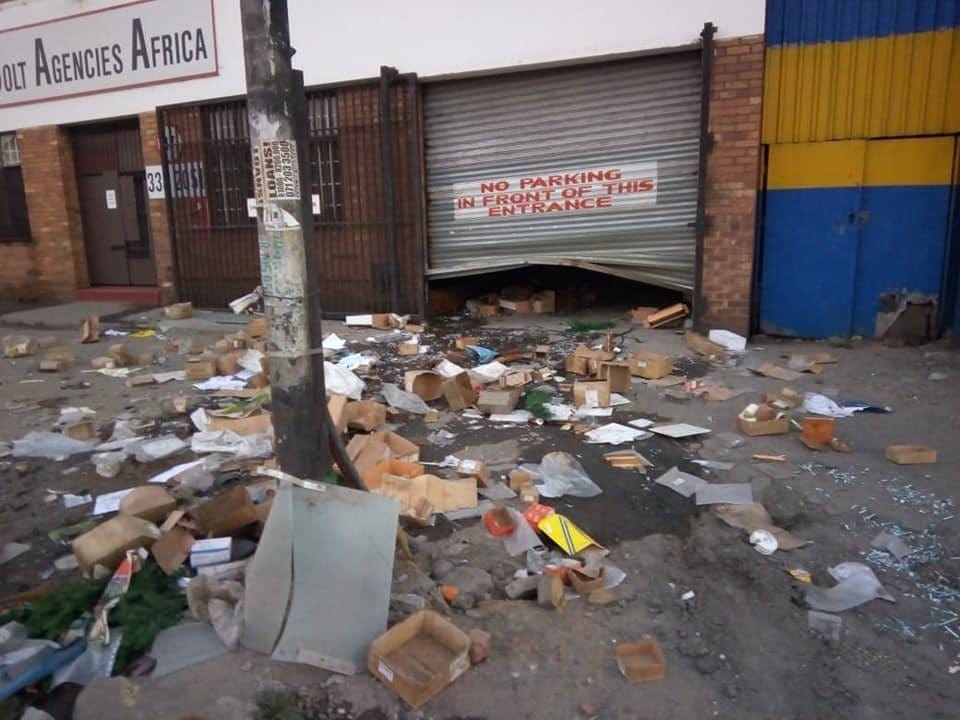

Heartbreaking